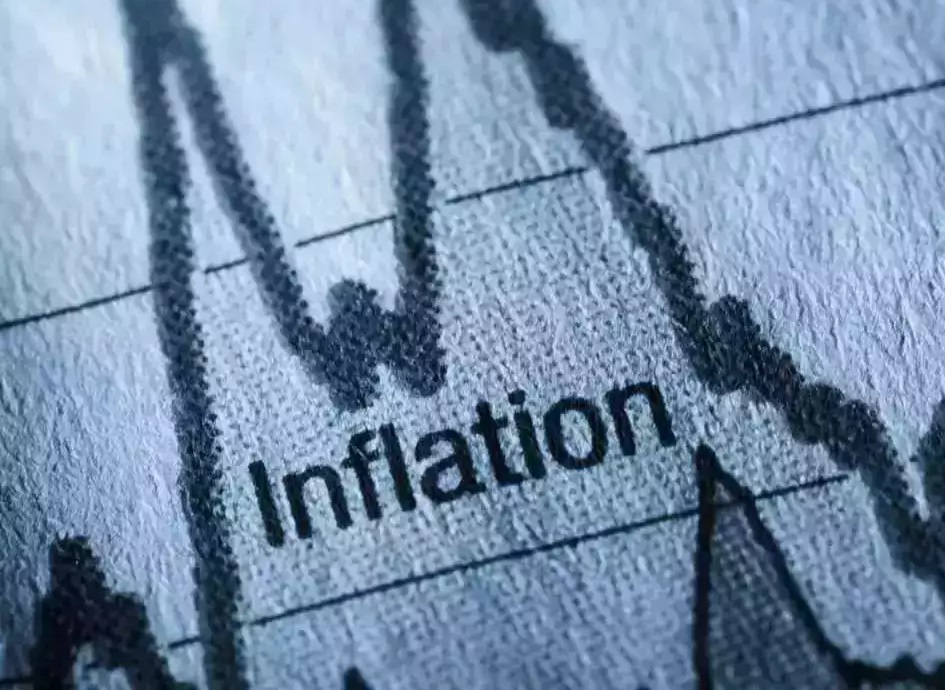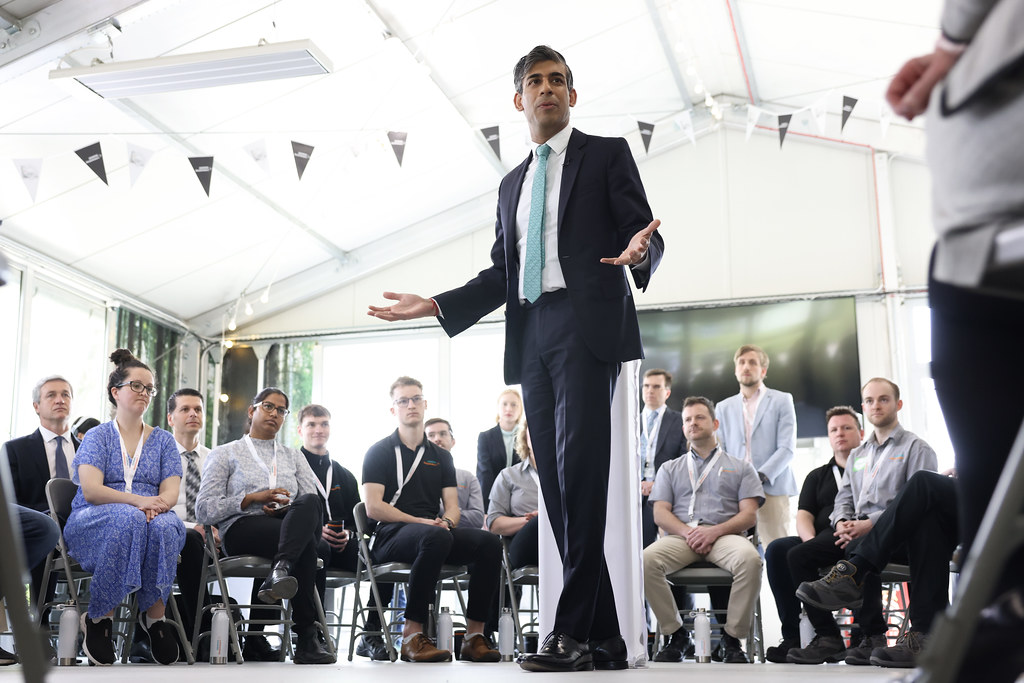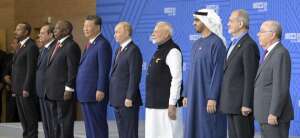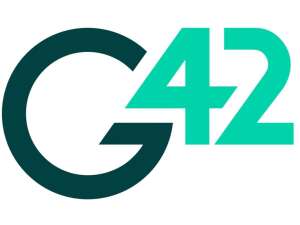On Thursday, the Bank said that inflation, which measures the rate prices rise at, would fall close to its target level in the next couple of months…reports Asian Lite News
Stronger than expected growth at the start of the year saw the UK emerge from recession. The economy grew by 0.6% between January and March, the fastest rate for two years, official figures showed. The UK fell into recession at the end of last year after shrinking for two three-month periods in a row.
Prime Minister Rishi Sunak said the economy had “turned a corner”, but Labour said this was no time for a “victory lap”. On Thursday, the governor of the Bank of England, Andrew Bailey, told the BBC that the UK was seeing a recovery, although it was not a strong one.
Interest rates are currently at their highest for 16 years, meaning people are paying more to borrow money for things such as mortgages and loans, but savers have also received better returns. Mortgage rates have been creeping up in recent weeks, after forecasts for when the Bank of England would cut borrowing costs were pushed back.
On Thursday, the Bank said that inflation, which measures the rate prices rise at, would fall close to its target level in the next couple of months. That had boosted expectations of a rate cut in June. However, the stronger than expected growth figures have dampened those expectations. Ruth Gregory, deputy chief UK economist at Capital Economics, said it showed “the Bank of England doesn’t need to rush to cut interest rates”.
She said the first rate cut would ultimately be determined by upcoming employment and inflation figures. Growth in the early part of the year was led by services – which includes sectors such as hospitality, arts and entertainment – and was likely to have been helped by an early Easter in March, the Office for National Statistics (ONS) said. Last year, Easter was in April.
There was anecdotal evidence from looking at credit and debit card transactions that consumers have been treating themselves to clothing and home furnishings. Car manufacturers also had a good quarter, the ONS said, although the construction sector remained “weak”.
However, while the overall economy is growing again, many people might not be feeling any better off. When the impact of inflation – the pace of price rises – and population growth are stripped out, growth per head is still 0.7% lower than a year ago.
While the economy contracted during the second half of last year, the recession was the mildest in recent records. The recession was partly caused by people spending less as they faced higher prices in shops and higher interest rates pushing up mortgage costs.
Yael Selfin, chief economist at KPMG UK, said “the worst is behind the UK economy”. “We expect to see continued growth for the rest of this year,” she added, with falling inflation and rising wages helping “to repair some of the damage to household incomes and support households’ consumption”.
The size of the economy is measured by gross domestic product (GDP), which looks at all the economic activity of companies, governments and people in a country. Most economists, politicians and businesses want to see GDP rising steadily, because it usually means people are spending more, extra jobs are created, more tax is paid and workers get better pay rises.
The debate about the strength of the economic recovery is set to be a central battleground in the general election campaign. Chancellor Jeremy Hunt said that while it had been a difficult few years, “today’s growth figures are proof that the economy is returning to full health for the first time since the pandemic”.








